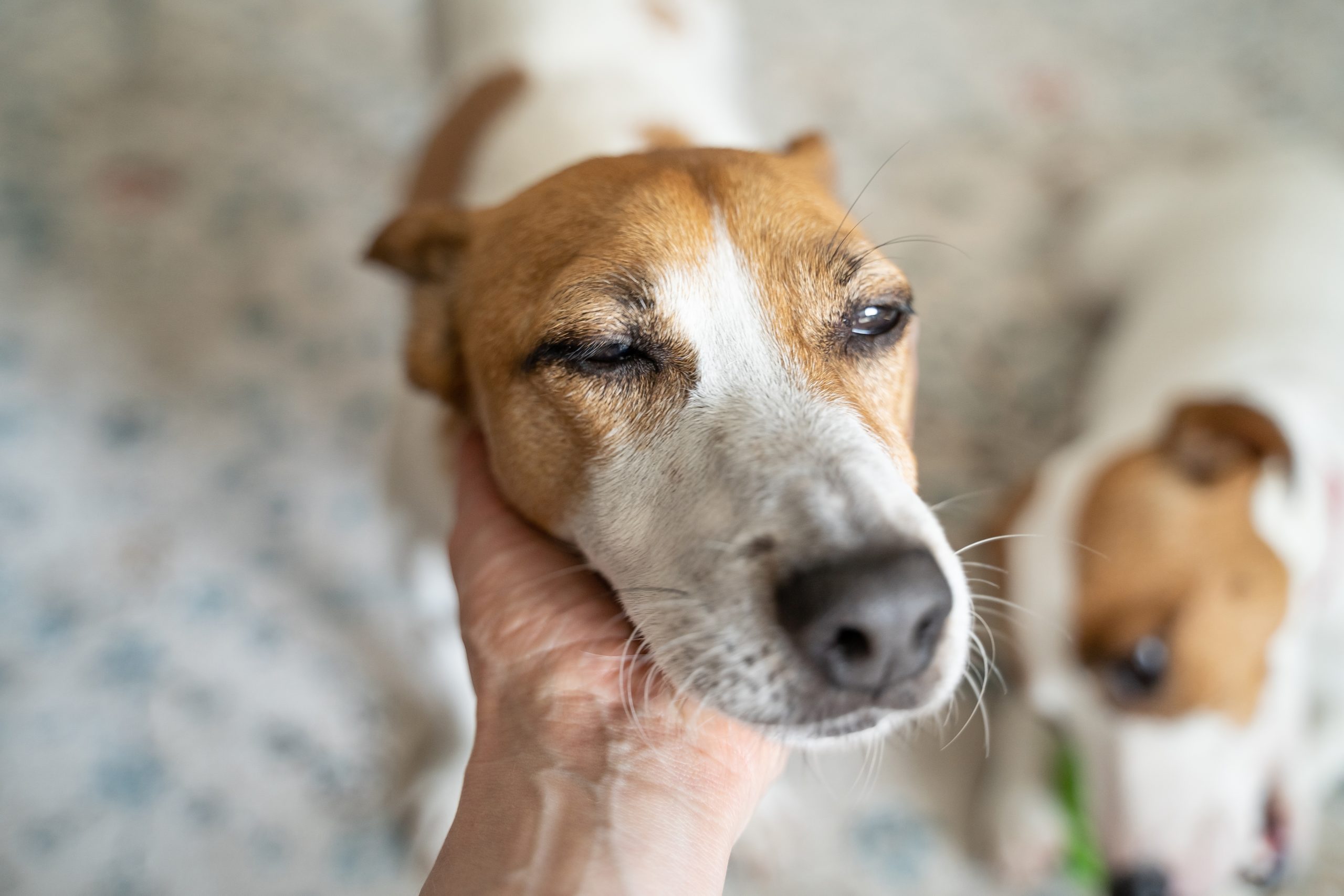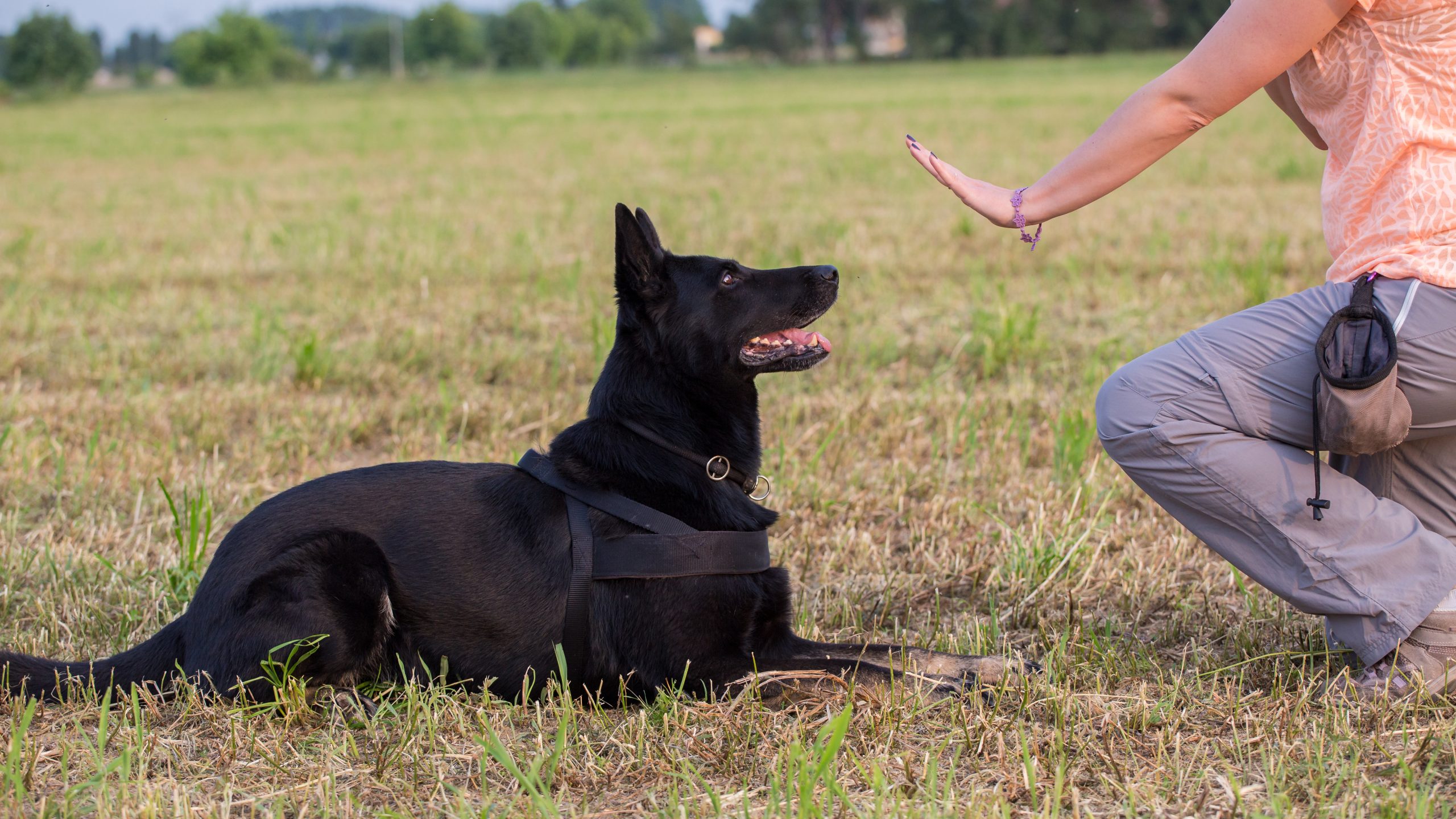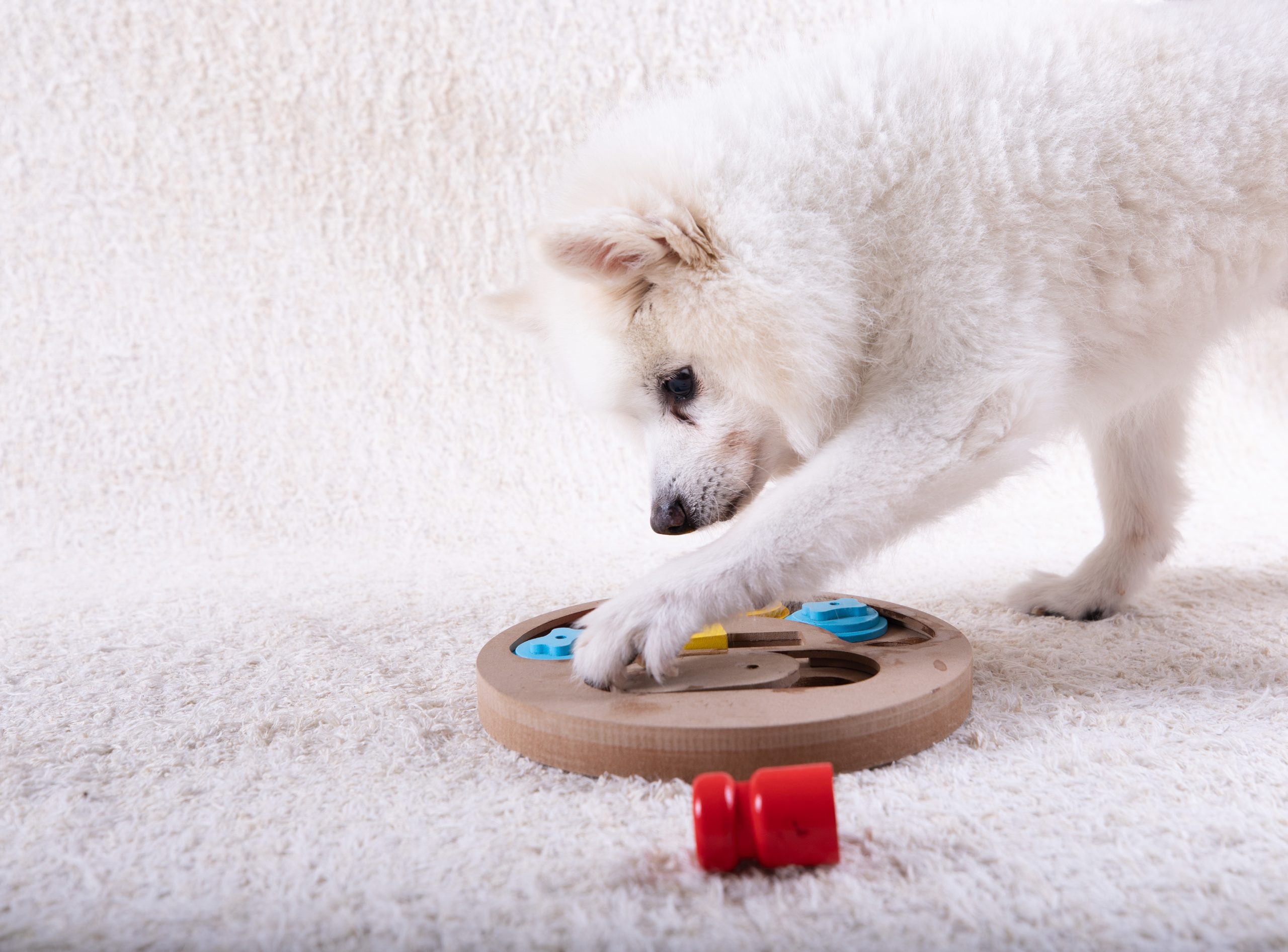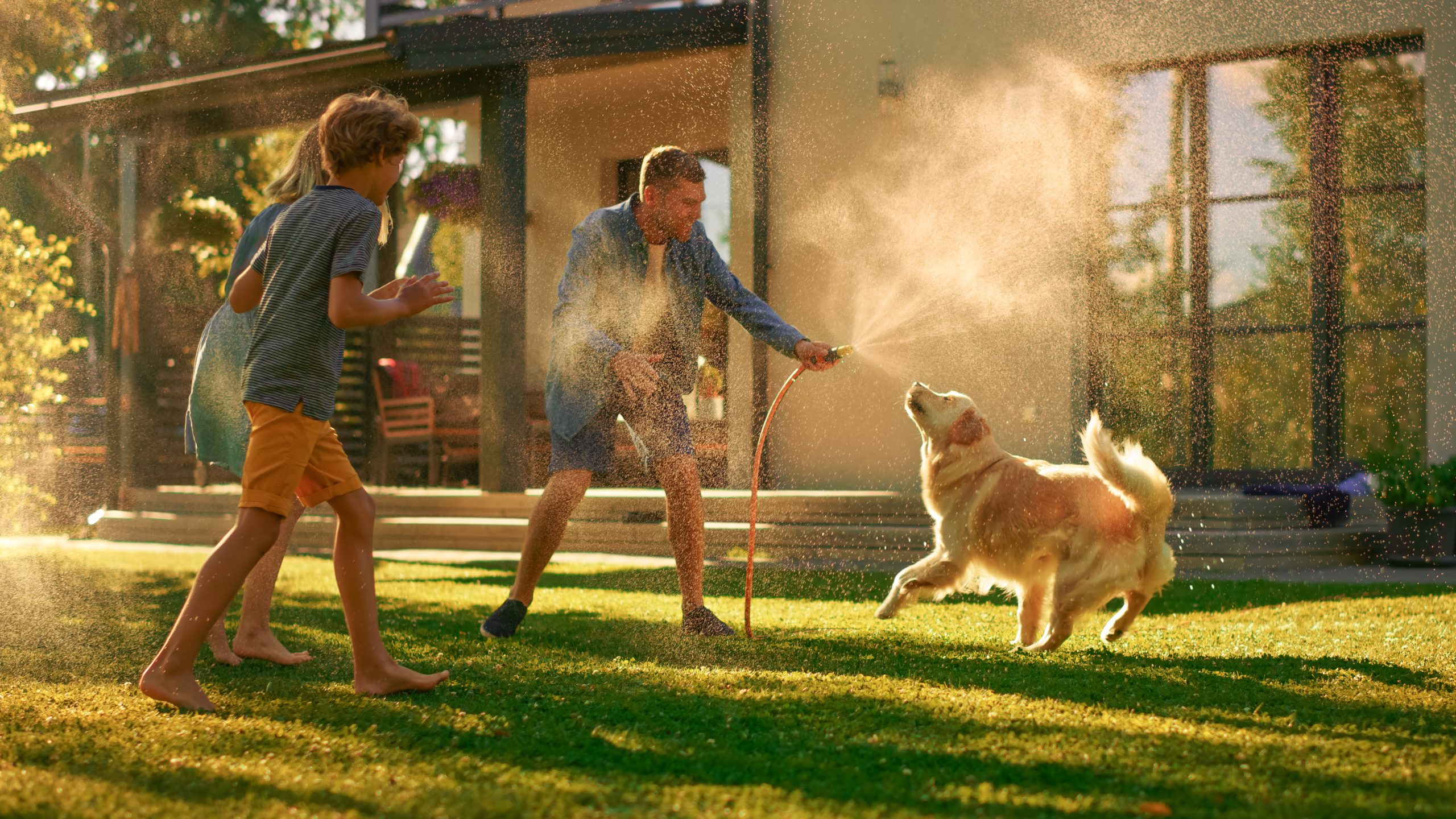Guide to Responsible Dog Ownership: Nurturing a Lifelong Bond
When a pet parent brings a dog into their life it is a joyful and rewarding experience, but it also comes with great responsibility. A dog pet parent’s duty is to provide their furry friends with a loving home, proper care, and the attention they need to thrive. Responsible dog ownership goes beyond simply feeding and sheltering their pets; it involves creating a nurturing environment that ensures their well-being, happiness, and a strong human-animal bond. In this comprehensive guide, we will explore the key aspects of responsible dog ownership, offering insights and practical tips to help pet parents become the best dog owner they can be.

 Training and socialization are crucial for a well-behaved and balanced dog. It also builds a great foundation for the pet parent – pet relationship so that it can flourish. New pet parents should consider enrolling their new furry friend in a positive reinforcement-based training class or work with a professional dog trainer to establish basic obedience commands. Socializing a dog with people, other animals, and various environments from an early age builds their confidence and ensures they can adapt to different situations throughout their lives.
Training and socialization are crucial for a well-behaved and balanced dog. It also builds a great foundation for the pet parent – pet relationship so that it can flourish. New pet parents should consider enrolling their new furry friend in a positive reinforcement-based training class or work with a professional dog trainer to establish basic obedience commands. Socializing a dog with people, other animals, and various environments from an early age builds their confidence and ensures they can adapt to different situations throughout their lives.
 Dogs are intelligent animals that thrive on mental stimulation and enrichment. Providing a dog with interactive toys, puzzles, and games will engage their minds and prevent boredom. Regularly rotating their toys will keep them fresh and exciting. Set aside dedicated playtime and engage in activities that challenge their problem-solving skills, such as hiding treats around the house or teaching them new tricks. Mental stimulation not only keeps a dog happy but also strengthens the bond between pet and pet parent.
Dogs are intelligent animals that thrive on mental stimulation and enrichment. Providing a dog with interactive toys, puzzles, and games will engage their minds and prevent boredom. Regularly rotating their toys will keep them fresh and exciting. Set aside dedicated playtime and engage in activities that challenge their problem-solving skills, such as hiding treats around the house or teaching them new tricks. Mental stimulation not only keeps a dog happy but also strengthens the bond between pet and pet parent.

Research and Preparation
Before bringing a dog home, it is essential for a potential pet parent to research different breeds or mixtures of breeds to find a dog that aligns with their lifestyle, energy level, and living situation. When researching breeds, consideration should be made regarding size, exercise needs, grooming requirements, and temperament to ensure a good match. Understanding a dog’s breed characteristics and potential health issues will help a potential pet parent anticipate and address specific needs effectively.
Adoption or Responsible Breeder
Responsible dog ownership begins with the source of a new pet companion. Consider adopting from a local animal shelter or rescue organization, giving a second chance to a deserving dog. These dogs often make fantastic pets and can bring immense a pet parent’s life. Pet parents opting to go with a breeder, should ensure that the breeder has a reputation for responsible breeding practices, including health testing, socialization, and proper care for the puppies and their parents.Proper Training and Socialization
 Training and socialization are crucial for a well-behaved and balanced dog. It also builds a great foundation for the pet parent – pet relationship so that it can flourish. New pet parents should consider enrolling their new furry friend in a positive reinforcement-based training class or work with a professional dog trainer to establish basic obedience commands. Socializing a dog with people, other animals, and various environments from an early age builds their confidence and ensures they can adapt to different situations throughout their lives.
Training and socialization are crucial for a well-behaved and balanced dog. It also builds a great foundation for the pet parent – pet relationship so that it can flourish. New pet parents should consider enrolling their new furry friend in a positive reinforcement-based training class or work with a professional dog trainer to establish basic obedience commands. Socializing a dog with people, other animals, and various environments from an early age builds their confidence and ensures they can adapt to different situations throughout their lives.
Regular Veterinary Care
Maintaining a dog’s health is paramount to responsible ownership. It is important to schedule regular veterinary check-ups to monitor their overall well-being, receive necessary vaccinations, and address any potential health concerns promptly. Following a veterinarian’s advice regarding preventive treatments for parasites like fleas, ticks, and heartworms ensures that preventative measures are in place. Spaying or neutering your dog is also essential to prevent unwanted litters and certain health issues.Nutrition and Exercise
Providing a well-balanced diet is fundamental to a dog’s health. Often, a veterinarian can provide recommendations on diet and nutrition to determine the appropriate type and amount of food for your dog based on their age, size, and activity level. They will also provide tips to avoid overfeeding or relying on unhealthy table scraps, as obesity can lead to various health complications. Regular exercise is equally important, as it helps maintain a healthy weight, mental stimulation, and a release for your dog’s energy. It is also helpful to tailor the exercise routine to your dog’s needs, whether it’s daily walks, runs, or playtime in a fenced yard.Safety and Environment
Having a safe environment for a dog, both inside and outside of the home, will set them up for success. Ensure that a dog has proper identification, including a collar with tags and a microchip with up-to-date contact information. Keep hazardous substances, plants, and small objects out of their reach. Secure the yard with a fence to prevent them from wandering off and expose them to dangerous situations. When taking a dog for a walk, use a secure leash and harness to maintain control and prevent accidents.Mental Stimulation and Enrichment
 Dogs are intelligent animals that thrive on mental stimulation and enrichment. Providing a dog with interactive toys, puzzles, and games will engage their minds and prevent boredom. Regularly rotating their toys will keep them fresh and exciting. Set aside dedicated playtime and engage in activities that challenge their problem-solving skills, such as hiding treats around the house or teaching them new tricks. Mental stimulation not only keeps a dog happy but also strengthens the bond between pet and pet parent.
Dogs are intelligent animals that thrive on mental stimulation and enrichment. Providing a dog with interactive toys, puzzles, and games will engage their minds and prevent boredom. Regularly rotating their toys will keep them fresh and exciting. Set aside dedicated playtime and engage in activities that challenge their problem-solving skills, such as hiding treats around the house or teaching them new tricks. Mental stimulation not only keeps a dog happy but also strengthens the bond between pet and pet parent.
Time, Love, and Attention
Dogs are social animals and require significant time, love, and attention from their owners. When getting a dog, pet owners should be ready to invest the necessary time to provide for their needs. Dogs crave companionship and may experience separation anxiety if left alone for extended periods. Committing to regular interaction with a dog, giving them with affection, and including them in family activities helps a pup feel connected. Daily walks, grooming sessions, and cuddle time are all opportunities to strengthen the bond and show love and commitment.




